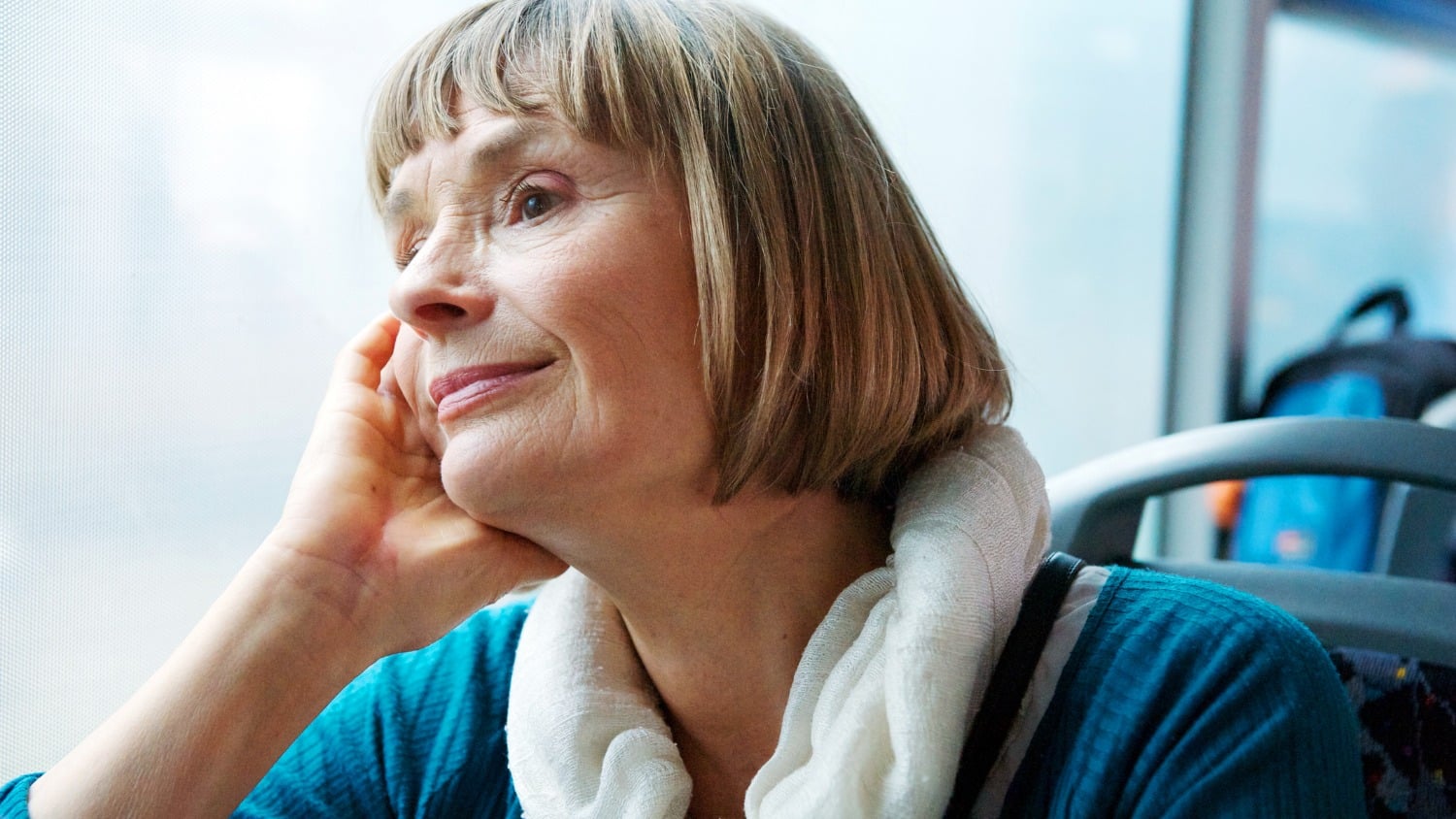Discovering Happiness Later in Life: Was It Always There?
Long ago and far away – back when I was still an academic – I once took a long drive home from a conference with a colleague.
It was a two- or three-hour drive, the kind where you start off talking about work and end up talking about your childhood. About an hour and a half into the drive, I turned to him and asked: “Are you happy?”
He looked at me and shrugged. “I don’t really do happy,” he confessed.
I knew exactly what he meant.
I don’t really do “happy” either. Content… animated… joyous… silly. I do all of those at different times. But “happy” feels more permanent. Like something you need to commit to. And I’ve never been good at commitment.
That Happy Feeling
Lately, however, having finally – 30 years in – fashioned a career for myself that feels right, I’ve started having this weird sensation in my body. I say weird, because it’s so unusual, I don’t recognise it immediately. I think it’s called happiness.
It’s like a friend of mine who, beginning therapy late in life after a divorce, confessed to me that one day in a conversation with her therapist, she felt this strange thing well up inside her. “And I was like ‘What is that?‘” she recounted to me afterwards. “And then I realized: Oh, that’s an emotion!”
Damned straight, sister. I think a lot of us walk around for half of our lives carrying feelings inside of us that we don’t even recognize, possibly because we’ve forgotten they are there.
Lessons from Mindfulness
Which is why, among other reasons, practicing mindfulness is so useful.
If you’ve ever practiced any mindfulness, you’ll know that one of the key ideas it drives home is that we all have a “blue sky” inside of us – a happy place where the clouds part and the birds chirp and the rays of sunshine fill our world.
A lot of the focus is on accessing that blue sky feeling and realizing that it’s not something we need to reach for outside ourselves; it’s something that’s already there.
In my own case, I think I’d gone so long thinking about work as this stressful, difficult, externalized thing that I’d forgotten that work could also be an extension of “happy me”… and fun.
So, when I’d deliver a workshop on public speaking, for example, and feel really great afterwards, I’d be like: “That’s odd; why do I feel not just OK, but good?”
Escaping the Scarcity Mentality
It’s also the case that some of us just aren’t wired to be happy.
I grew up in a largeish family where a scarcity mentality prevailed. If you got up from the dinner table to go to the bathroom, you risked having someone steal the last potato off of your plate.
So, I think I have always approached life as if everything were a finite resource that was at risk of running out: money, love, food, happiness.
Undoing that scarcity mentality has taken a lot of work. One of the things that helped me most was reading Julia Cameron’s brilliant manifesto on creativity, The Artist’s Way. Cameron views creativity (which for her, comes from God) as a generous, supportive force rather than a punitive, miserly one.
The idea is that whatever the origin of your creative process, it is an unending well of ideas and inspiration that never dries up. She encourages everyone embarking on a creative path to adopt this expansive view of how it works.
That has been a struggle for me. Given my own hard-wired scarcity mentality, I come to the world with more of a zero-sum framework: if I get something, someone else loses something. There’s only so much to go around.
But embracing Cameron’s “abundance” mentality with respect to creativity has enabled me to extend that idea to other areas of life.
As a result, I’m able to feel happier now, without fearing that at any given moment, happiness might run out.
It’s still a work in process. Many days, I still feel off-kilter when I experience “that happy feeling.” But I’m learning how to live with it.
How often do you feel happy? Do you recognise emotion when you feel it bubbling inside of you? What do you think you could accomplish by practicing mindfulness toward your own feelings? Please share with our community so we can all participate in the discussion.
Tags Finding Happiness






